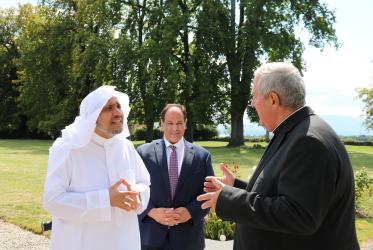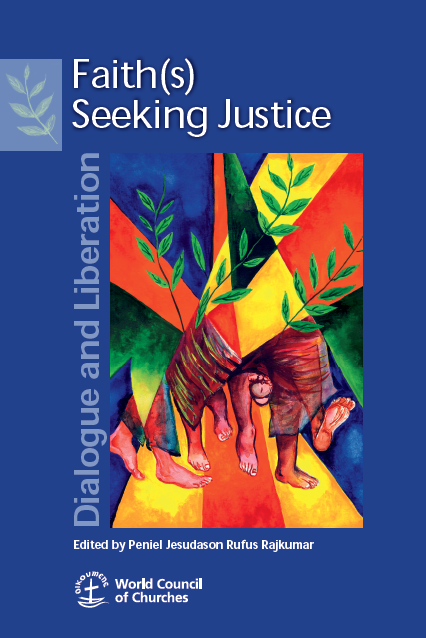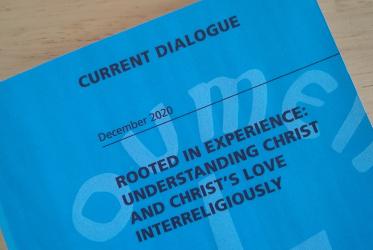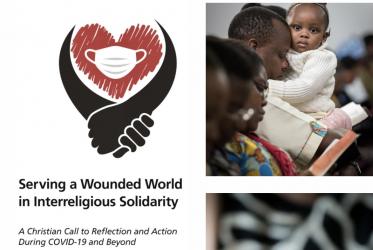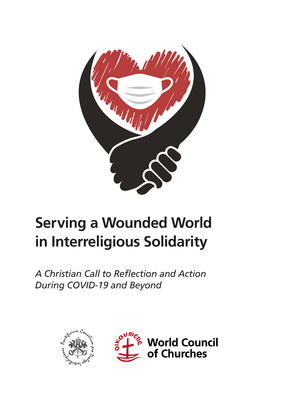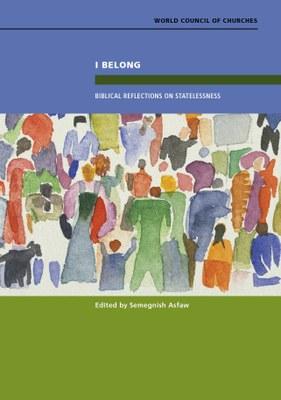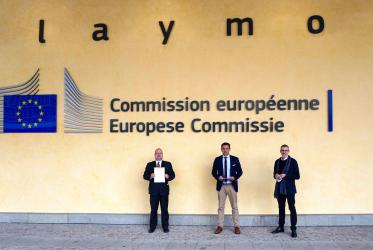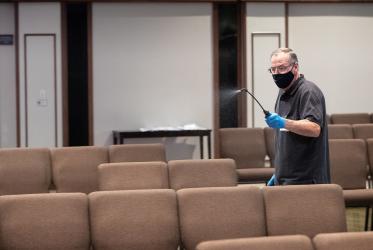Displaying 21 - 40 of 162
Survey opens for WCC member churches on interreligious relations
30 October 2020
Serving a Wounded World in Interreligious Solidarity
A Christian Call to Reflection and Action During COVID-19 and Beyond
25 October 2020
I Belong: Biblical Reflections on Statelessness
Biblical Reflections on Statelessness
12 October 2020
Ecumenical statement on migration received by European Commission
25 September 2020
Bible study addresses church identity in pandemic
17 September 2020

